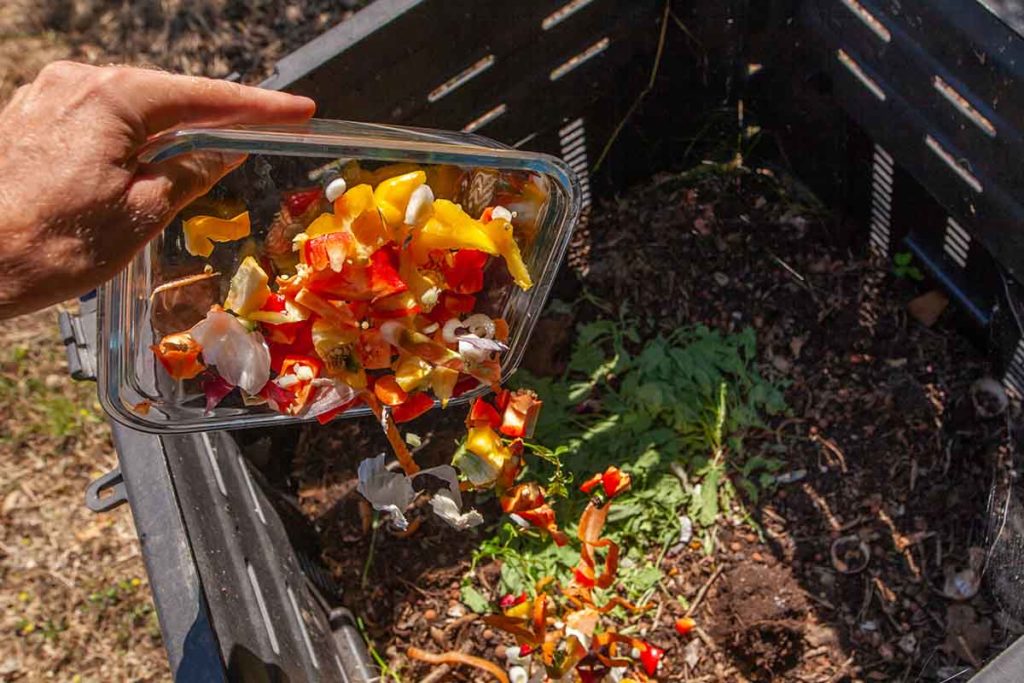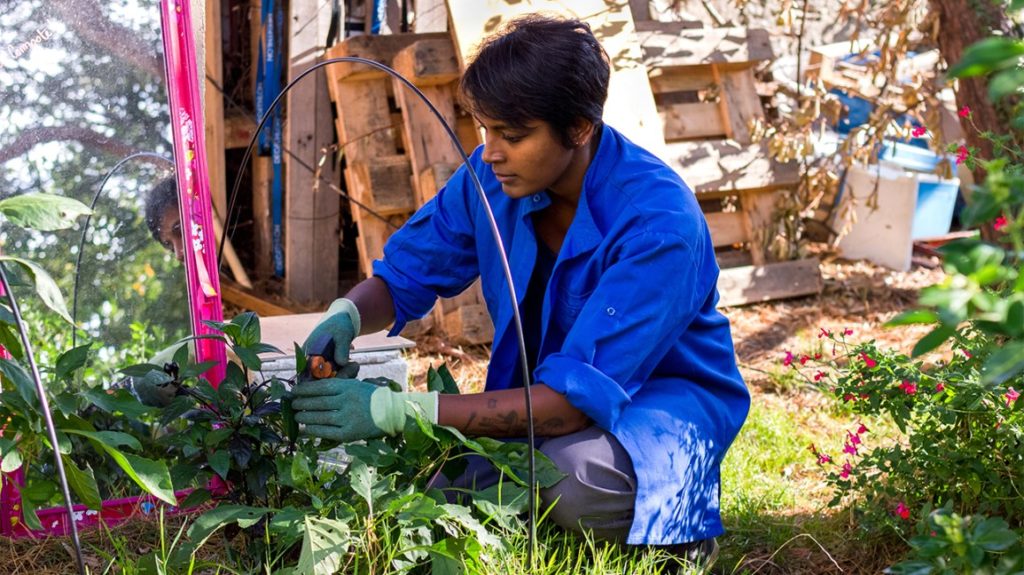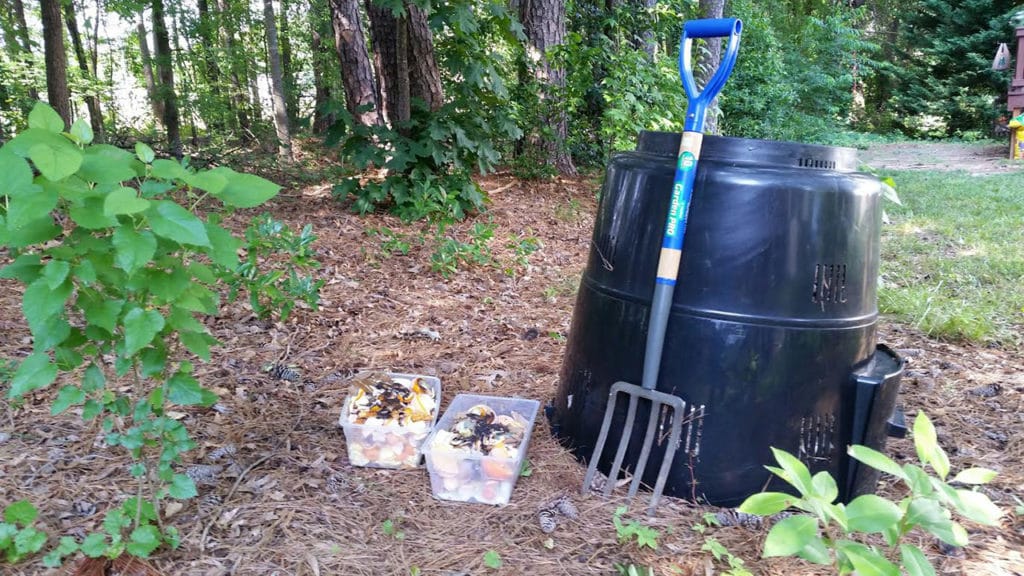
A former Seattle resident recently explained how the City of Seattle has its garbage system figured out. Residents with trash service have three bins: the largest is a compost bin, the second largest is a recycling bin and the third bin is the smallest and is for true garbage. Seattle rewards residents for being planet-conscious, charging only for straight-up garbage in a service coined “pay as you throw”. It forces a reconciliation of sorts each time there is something to toss out and likely drives more conscientious buying behavior.
The beauty of composting, which the City of Seattle already knows, is that it salvages food waste, which is 30% of all waste! And no, that food waste doesn’t simply go “compost” in the landfill, it is preserved in piles of other junk until it releases methane, a gas far worse for us than carbon dioxide. When you turn to compost instead of tossing, you turn your food waste into glorious, rich nutrients for your garden…for free!
To get started, you need a compost bin. There are lots of options out there, but if you are looking for something to add a little more appeal to your property, look no further than this cedar compost bench. If you aren’t into building, there many available options to suit your tastes. With all food composting, be mindful that critters in the area will be interested, so make sure you can seal it off.

As far as what can go in, most foods, papers, and cardboard with food remnants and other organic matters can be added to a compost pile. You can also add leaves, (pesticide-free) grass clippings, and other around the yard items. You will want to manage the size of your pile and monitor the size of items introduced to it as smaller items will decompose more quickly.
Do not add in pet waste, pesticide-treated or diseased items. But don’t take it from me. There is plenty of information available via a quick Google search. And because Seattle has done this right, here is a link to their backyard composting resources. They have also provided a more comprehensive guide to backyard composting.
There is so much information available on the topic, yet there are still so many of us that don’t take advantage of this simple way to not only cut down on waste but also to help our gardens flourish. Consider what this small act could potentially do for your, garden, your garbage bill, and your peace of mind.

